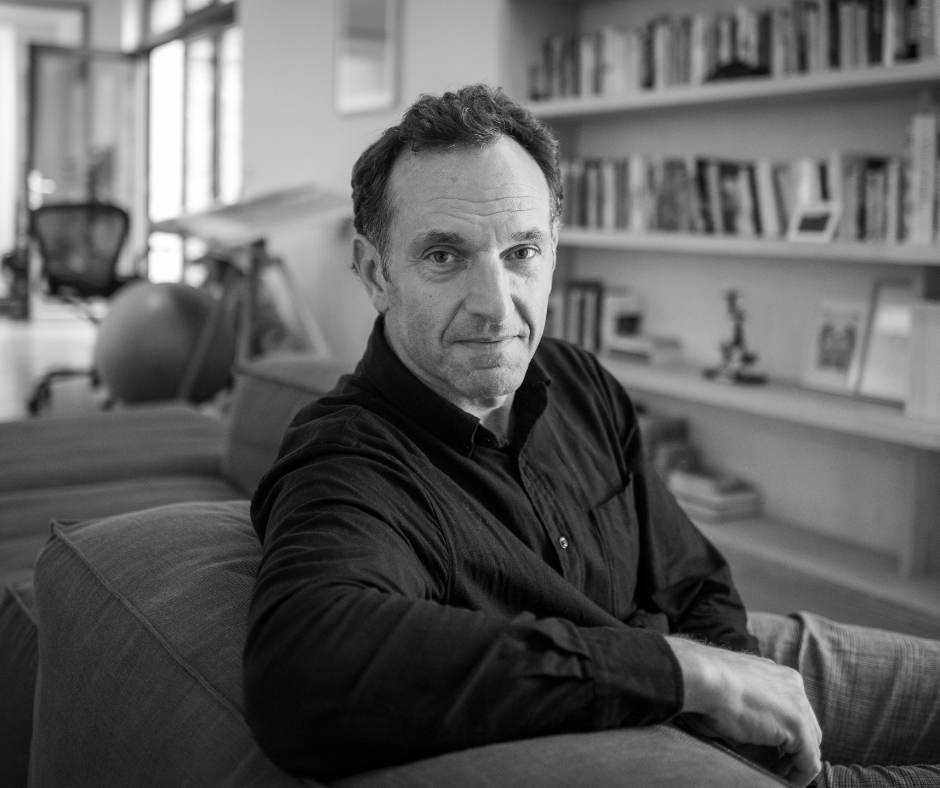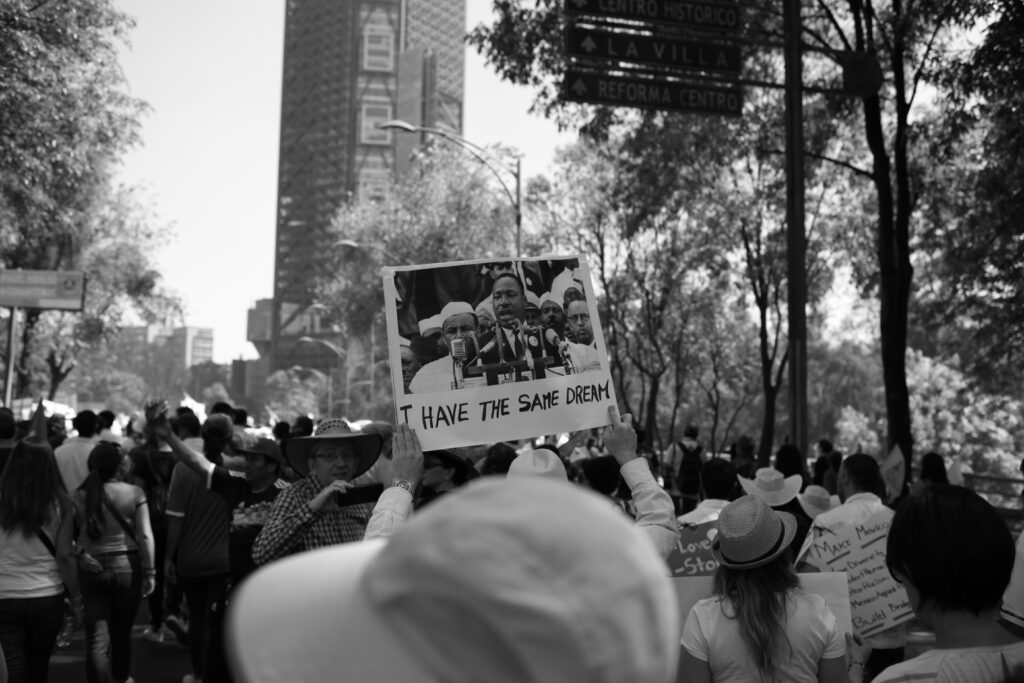Faith in our contested democracies will not come through new hollow promises of “modernity” or “refoundation”, which are even more grandiose but just as quickly forgotten. It will require both learning to dream and relearning the hard work of deliberation.
“I was recently talking to Angela Merkel…” was how American essayist Jeremy Rifkin usually began his talk on the hydrogen economy at the beginning of this century. And it’s true that he had the ear of the most senior leaders. Almost 20 years on, his vision of a “hydrogen economy” has not come to fruition: should we believe in utopias in politics?
We don’t dream enough in politics. The imagination is deflated by decades of unfulfilled political promises of “change”, “renewal” and even “the big night”. Dreams have become suspect. And yet there is a growing desire for a better world. From the new ethical bank NewB to the attempts of the Agora party in Brussels, from the documentary Demain to the French roundabouts and the debates on a Green New Deal, the desire for a better world has rarely been so strong.
As Rutger Bregman, author of the bestseller Realistic Utopias, puts it, our lives today “lack just one thing: a reason to get out of bed in the morning”. The real crisis of our time, he believes, is that “we have buried utopia” and have nothing better to offer than a world that is running out of steam. So, he argues, we should remember Oscar Wilde’s adage: “Progress is the realisation of Utopias”. But we remain sceptical, don’t we?
Sweet dreamers of the world, unite!
Now that Jeremy Rifkin is back with another essay, following on from those on the end of work, the so-called European dream replacing the American dream, and the Internet of things eclipsing capitalism, we have every right to wonder what the point of such grand visions is, other than to leave us a little more hungry every time.
Nevertheless, the American essayist illustrates some of the principles that are essential to energising the political imagination and political action. The first is that basing public action on a strong – and well-packaged – vision is essential first and foremost to widening the field of possibilities.
The range of options increases when we base our projections on people’s desires, emotions and deep-rooted values, because this gives us access to more widely shared aspirations. We get along better when we talk about fairness, solidarity and respect for the environment than when we argue about the retirement age at 63 or 64.
In the words of political scientists, this widens the Overton window, the generally very narrow field of acceptable and ‘sensible’ proposals in a given political context.
The second principle is that positive projection has the potential to generate popular support and enthusiasm among elected representatives, based not on negative emotions – fear of this or that – but on generous desires.
Ladies and gentlemen, open your chakras wide!
Together, elected representatives and citizens must rediscover the “desire to want to”, as Johnny used to say. So, in a new age way, we can open up our “chakras”, the energy reservoirs confined to the body politic that will enable us to finally get serious about tackling climate change, the collapse of biodiversity, the misery of the homeless, road safety and violence against women.
But our work – collectively, it must be stressed – doesn’t stop at selling the dream. We also have to do the hard work of drawing up the roadmaps that go with it. We need to turn our indignation and aspirations into hard choices, because reality is all about constraints. This will be done by bringing together the “citizen experts” – we are all experts on the future we want – and the technical experts, without whom we could remain at the wishful thinking stage.
While some have come to put their faith in citizens rather than elected representatives or administrations, and others in experts rather than the people, we all need to reconcile and better combine the merits of representative democracy with those of deliberative democracy, which is finally taking off, but also with greater confidence in science and evaluation in politics.
Faith in our contested democracies will not come through new hollow promises of “modernity” or “refoundation”, which are even more grandiose but just as quickly forgotten. It will require us both to learn to dream and to relearn the hard work of deliberation, which together enables citizens, elected representatives and experts to surrender to the “unforced force of the best argument”, to use the fine phrase of the philosopher Jürgen Habermas, in order to draw up precise roadmaps that meet our urgent needs.
Originally published in L’Echo.




